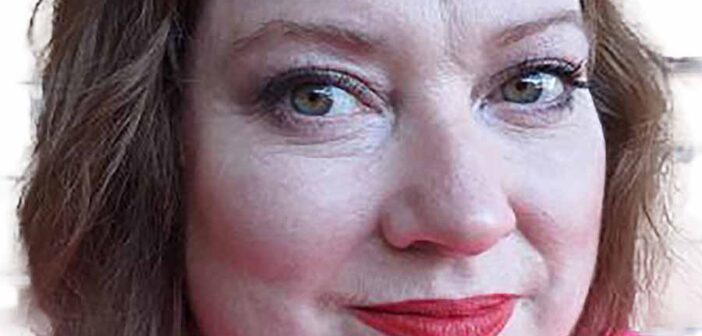
The Dublin Theatre Festival, running from 25 September to 12 October, will bring a varied programme of Irish and international theatre, music, and dance to venues across Dublin. In its 68th year, this event, one of Europe’s oldest specialised theatre festivals, offers a platform for new and established artists, presenting over 30 productions that explore themes such as family, identity, and societal issues. Visitors can expect a range of performances, talks, and walking tours designed to engage diverse audiences in Ireland’s capital.
Tonight’s productions include:
- Three Sisters by Ciara Elizabeth Smyth (after Anton Chekhov), directed by Marc Atkinson Borrull, cast including Saoirse-Monica Jackson, Lorcan Cranitch, Megan Cusack, Breffni Holahan, Alex Murphy and Máiréad Tyers, 2:30pm, €16.50–€46.50, a world-premiere Gaiety Theatre adaptation that relocates Chekhov’s sisters to an Irish provincial haze, where their Moscow fantasies erode against the tide of mundane routines and sibling tensions, blending mordant wit with profound melancholy to illuminate the human cost of stasis and the elusive promise of elsewhere.
The full 2025 programme is available on dublintheatrefestival.ie, with more than 30 productions and an anticipated 50,000 attendees. The fetival features premieres of Irish works, such as those by companies like Druid or Thisispopbaby, alongside international offerings.
Tickets range from €15 to €40, can be booked online, by phone (.+353 1 677 8439), or at Festival House in Temple Bar, open from 12pm to 6pm during August to October. Venues like the Abbey Theatre, Samuel Beckett Theatre, and Project Arts Centre are accessible by Dublin’s public transport, with many offering wheelchair access or audio-described performances.
Visitors can anticipate an engaging experience that combines thought-provoking theatre with the vibrant atmosphere of Dublin’s cultural scene. The festival’s Slingshot Residency, in partnership with Creative Europe, supports emerging artists, with 2025 participants like Eoghan Carrick and Lauren Moukarzel developing innovative projects such as immersive performances. Events often spill into post-show discussions in nearby pubs, fostering a communal spirit. The festival’s commitment to accessibility ensures a broad appeal, though some shows may include mature themes, so checking programme details is advised.
The Dublin Theatre Festival was founded in 1957 by theatre impresario Brendan Smith, with support from figures like hotelier PV Doyle, to promote cultural understanding through theatre in post-World War II Europe. Initially a modest event, it faced challenges, such as the 1958 withdrawal of Samuel Beckett’s play due to church objections, as revealed in a letter donated to Trinity College Dublin. Over decades, it has grown into a cornerstone of Ireland’s cultural landscape, premiering works by playwrights like Brian Friel and Marina Carr while hosting global artists such as Peter Brook and Robert Wilson.
The festival has been instrumental in showcasing Irish theatre internationally, with productions like Waiting for Godot gaining worldwide recognition. Róise Goan, appointed Artistic Director and Chief Executive in February, now leads the festival, succeeding Willie White. Goan, a Dublin native with experience at the Edinburgh Fringe and Arts Council England, aims to deepen the festival’s impact, as noted by board chair Una Carmody, who praised her “intelligent programming” and knowledge of the city.
The festival’s history reflects its dual role as a window to world theatre and a champion of Irish storytelling. Supported by the Arts Council, Dublin City Council, and partners like Fáilte Ireland, it remains a charitable organisation (CHY 6331) committed to artistic innovation. Its Prospero NEW membership, a European platform launched in Sofia, underscores its focus on emerging talent. Visitors can expect a festival that celebrates Dublin’s stories while inviting reflection on universal themes, with Festival House at 12 Essex Street East serving as its hub. For updates and bookings, dublintheatrefestival.ie is the primary resource.




